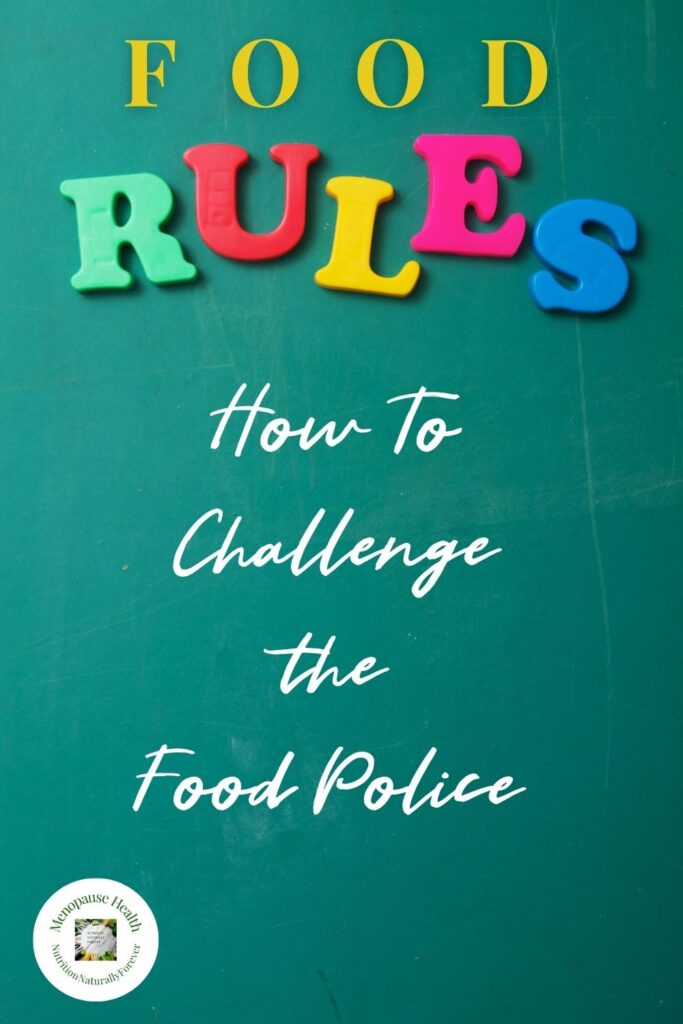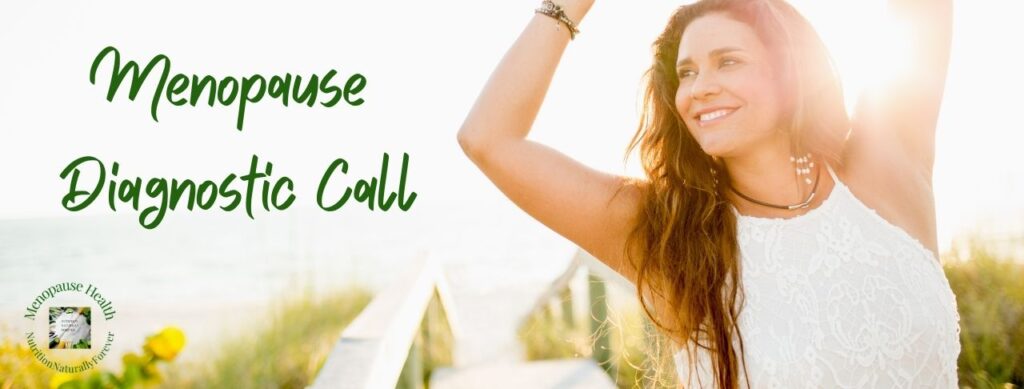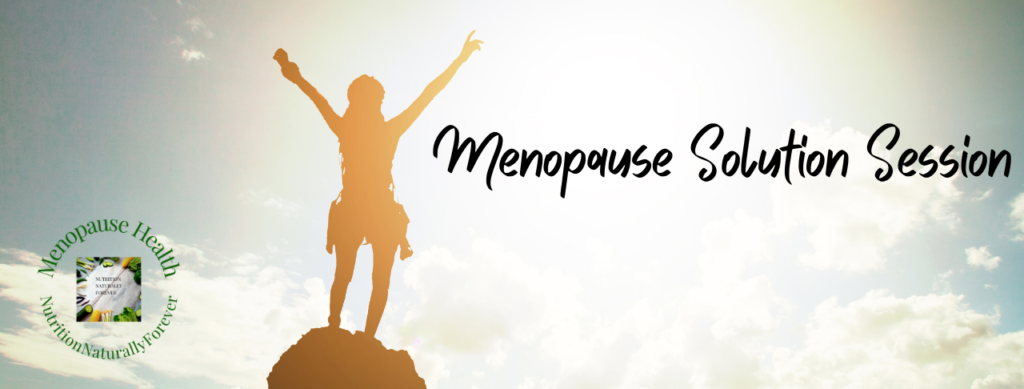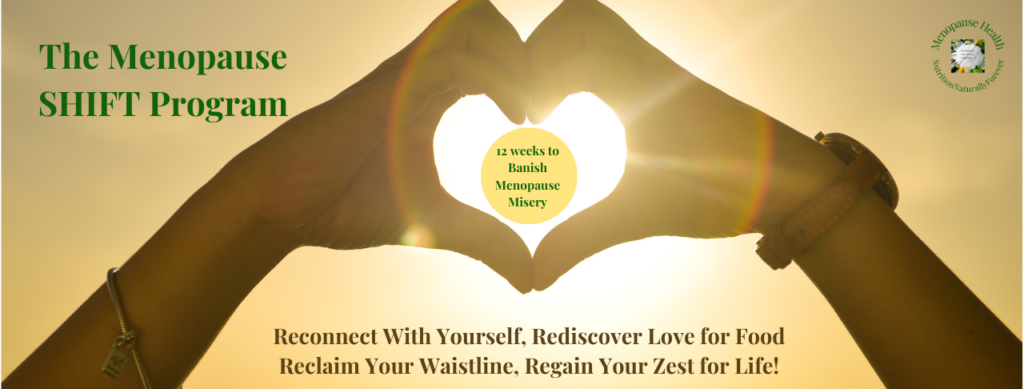
Food Rules – How To Challenge The Food Police.
The next step in your intuitive eating journey is learning to challenge the food police, those internal and external voices dictating what you should and shouldn’t eat.
By recognising and dismantling these rules, you’ll take a crucial step toward healing your relationship with food.
You can read last week’s post here, Making Peace with Food.
It is difficult trying to stop dieting when we are surrounded by people on diets who are talking about how much weight they have lost, or which plan they are following this week and how their aunt, neighbour or woman in the queue at the Post Office has lost X amount of weight.
You can feel left out of the conversation at work or on a night out with friends.
It’s only natural, we all want to belong.
To overcome this hurdle we need to be aware of these scenarios so we can be prepared for them.
Knowing your reasons for going through this process will certainly help, you never know you might be able to win some hearts and minds along the way.
This week’s post looks deeper into who we are fighting so that we can more easily identify diet culture within our daily lives.
Who are the Food Police?
When we were kids, the Food Police were often our parents or caregivers—the people who taught us food values like:
- ‘Clean your plate.’
- ‘Eat this before you can have that.’
- ‘Don’t waste food.’
As adults, we take on the role of the Food Police ourselves, we live in an age of ever-more elaborate diets influenced by societal pressures, diet culture, and even well-meaning friends or family.
The media amplifies this, labelling foods as ‘good’ or ‘bad’ and perpetuating harmful diet fads.
Over time, this shapes our internal narrative and complicates our relationship with food.
Depending on which decade you grew up in your food values will be different. You can read more about this in my previous post Making Peace With Food.
Being exposed to diet fads can affect the internal narrative you have around certain foods and food groups.
The food police make it nearly impossible to enjoy your food, they are part of diet culture.
Listening to the food police and taking part in restrictive diets is harmful to your long-term health and well-being, it creates;
- Hormonal imbalance
- Disordered eating
- Weakened immunity
- Reduced metabolism
- Bone and muscle weakness
All of which have a massive negative impact on your harmonious progress through menopause and your long-term health.
How to Identify the Food Police?
The Food Police often show up in our self-talk or external comments.
Here are some examples:
- ‘If you eat that, you’ll need to exercise to make up for it.’
- ‘No carbs today!’
- ‘Why don’t I have more willpower?’
- ‘I’ve been dieting all week—I deserve this.’
The first step to challenging the Food Police is to recognise these thoughts as diet-culture-driven and question whether they align with your feelings about overall health and well-being.
Ask yourself: ‘Does this rule nourish my body, or does it create guilt and restriction?
This whole journey can feel overwhelming when you are surrounded by diet culture but with the right support, you can start to heal your relationship with food and as a result with yourself.
As you do, your body will find optimal health and hormone harmony.
Where do Food Rules come from?
Food rules often come from external sources, like diet culture, media, or even well-meaning advice.
These rules simplify decision-making but disconnect us from our body’s natural cues.
Research from Cornell University suggests we make over 200 food-related decisions daily.
It’s no wonder we lean on rules to simplify things!
However, our bodies are not meant to be governed by rigid guidelines.
Each of us has unique needs, and intuitive eating helps us reconnect with those needs which will lead to eating a more healthful diet.
Food rules can also be influenced by our values such as not wanting to waste food.
Remember though;
Whether food is left on your plate or eaten when you no longer need it, whether on your plate or in your body, is still a waste if you are clearly full.
Evelyn Tribole
A Little Psychology
Eric Berne’s Transactional Analysis theory offers a fascinating lens through which to understand our thoughts, behaviours, and relationships—including how we interact with food.
This theory identifies three ‘Ego States’: Parent, Adult, and Child (PAC).
- The Parent state represents learned food rules and can be nurturing or critical (e.g., ‘Always finish your plate.’).
- The Adult state reflects present-moment thinking, helping you evaluate what your body needs.
- The Child state reflects feelings and behaviours from childhood, which can be playful or emotionally reactive.
By leaning into your Adult state, you can evaluate and override the food rules from your Parent state and calm the emotional responses of your Child state.
It can influence your internal dialogue, especially around food, you can begin to break free from ingrained patterns, challenge limiting beliefs, and create a healthier, more intuitive relationship with yourself.
Balance is key to healing your relationship with food as well as remembering intuitive eating is a process.
Intuitive Eating Is A Process
Remember, intuitive eating is a process, not a destination.
Be patient with yourself.
Healing your relationship with food takes time, especially when overcoming years of Western diet culture conditioning.
My journey to intuitive eating was filled with detours, like trying ‘one more diet’ before fully committing to intuitive eating.
With support and persistence, I found food freedom and more importantly vibrant health!
Now, even when I feel the pull of societal pressures, I return to the strategies that ground me.
Show yourself compassion, curiosity, and patience.
As you do, your body will guide you to optimal health and balance, helping you navigate menopause and beyond with greater ease.
We need to be inquisitive about our journey throughout life, especially the part that travels through menopause, and learn how to nourish our body so that it will experience fewer menopause symptoms and be healthy enough to see us well into our post-menopause years.
New York Times best-seller, Michael Pollan wrote an indispensable handbook called Food Rules An Eaters Manual packed with simple principles that are just common sense and I think it is the perfect guide if you are looking to explore this topic further.
Intuitive Eating And Menopause
Menopause is a transformative time and a powerful invitation to reevaluate your relationship with food and challenge the narratives that no longer serve you.
This is your moment to step into your power as a wild woman, breaking free from society’s expectations and the relentless pressure to conform.
Instead of following outdated rules, it’s time to listen deeply to your body and honour its unique needs.
What does your body truly need to thrive during this phase of life?
By letting go of restrictive diets and embracing nourishment over punishment, you can find balance, vitality, and a sense of freedom like never before.
You don’t have to navigate this path alone.
As well as several free resources you can download from the quick links tab above, I invite you to book a Holistic Menopause Diagnostic call.

This 30-minute call will dive deeply into your dreams and desires, your current lifestyle and what you can do now to get your menopause health on the right track.
If you would like further support, my Menopause Solution Session, is a 30-day program with 2 x 1-2-1 sessions with me, supported by an online resource hub and unlimited messaging with me during the 30 days.
This might be just what you need to get on track and implement sustainable strategies that will help you gain knowledge and understanding about your body and resolve your menopause misery.

But wait!
If you are ready to take action, you might be able to help me and yourself…
Are You Ready To Take Action?
Over the years of supporting women to improve their health and well-being, I discovered a core process that consistently leads to the results they desire.
The beauty of this process is its adaptability, it’s not about forcing your life to fit the process it’s about tailoring the process to fit seamlessly into your unique lifestyle.
This process is called the SHIFT System and includes an 8-step pathway to give you the knowledge and understanding of your body so that you can manage your menopause transition with confidence and never be tempted by another diet or fad supplement again.
I use the SHIFT System in all my client interactions.
I currently have 10 spaces available in my last beta test of The Menopause SHIFT System Program. (There are only 10 spaces as I want to dedicate my time to the ladies that join to make sure we get it right!)
This 12-week program will be priced at £495, however for the last test run it is half price, £247.50 with the code TEST until 24th December 2024.
The program starts on 6th January 2025 and includes 10 x 1-2-1 sessions with me and 24/7 access to the online resource hub.
To learn more about the program and if it could be a good fit for you view this document.
If you have any questions, contact me via DM or email to chat or arrange a virtual call.

